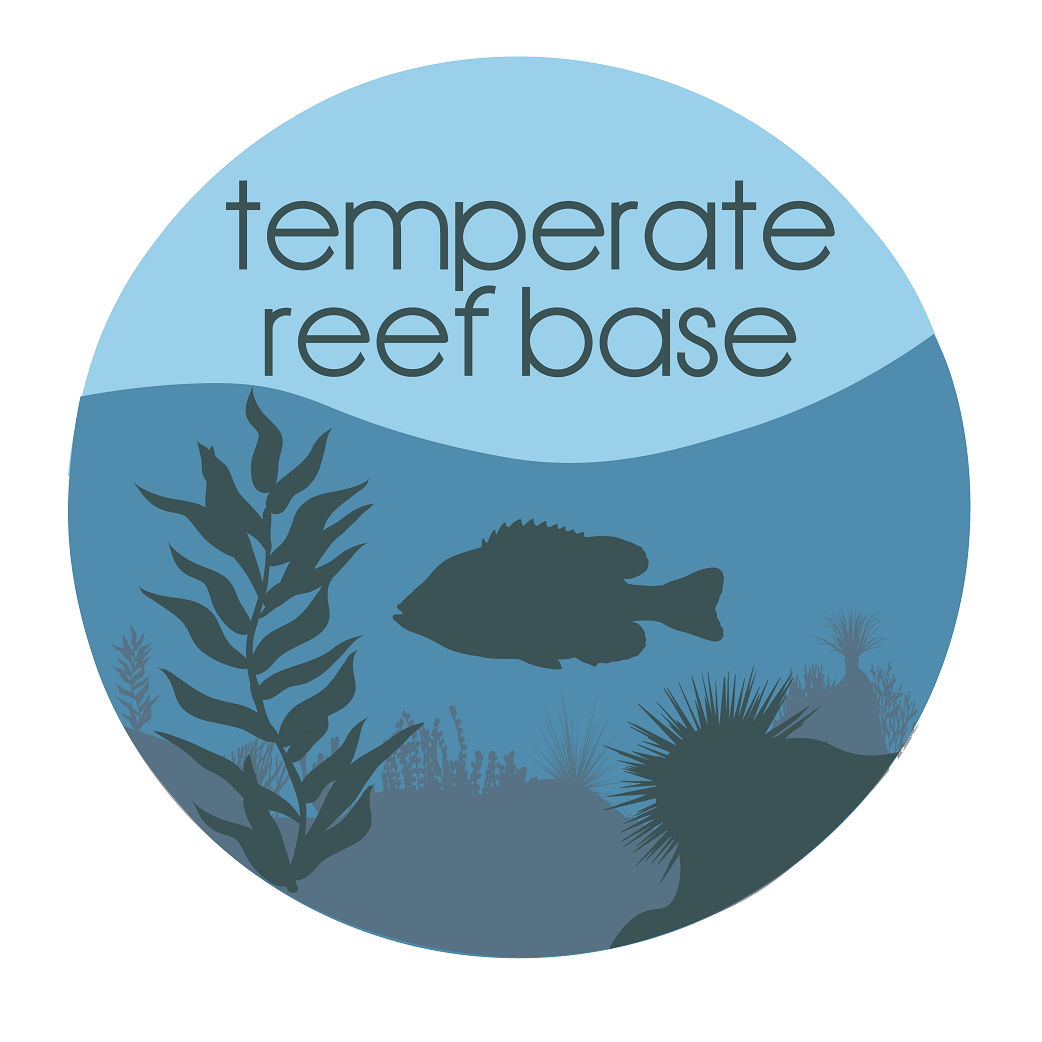SST
Type of resources
Topics
Keywords
Contact for the resource
Provided by
-
From the parent record held in the GCMD: The data sets in the CDC archive called "Reynolds SST' and "Reconstructed Reynolds SST" were discontinued on 1 April 2003. A new OI SST data set is available as described here, which includes a new analysis for the historical data and updates into the future. NCEP will not provide new data for the "Reynolds SST" after December 2002 and CDC will remove the "Reynolds SST" data set on 1 April 2003. TO SEE THE NEW DATASET, PLEASE SEARCH THE GLOBAL CHANGE MASTER DIRECTORY FOR MORE INFORMATION. REFER TO THE METADATA RECORD (LINKED BELOW): REYNOLDS_SST ############# This metadata record is a modified child record of an original parent record registered at the Global Change Master Directory. (The Entry ID of the parent record is REYNOLDS_SST, and can be found on the GCMD website - see the provided URL). The data described here are a subset of the original dataset. This metadata record has been created for the express use of Australian Government Antarctic Division employees. Reproduced from: http://www.emc.ncep.noaa.gov/research/cmb/sst_analysis/ Analysis Description and Recent Reanalysis The optimum interpolation (OI) sea surface temperature (SST) analysis is produced weekly on a one-degree grid. The analysis uses in situ and satellite SSTs plus SSTs simulated by sea ice cover. Before the analysis is computed, the satellite data are adjusted for biases using the method of Reynolds (1988) and Reynolds and Marsico (1993). A description of the OI analysis can be found in Reynolds and Smith (1994). The bias correction improves the large scale accuracy of the OI. In November 2001, the OI fields were recomputed for late 1981 onward. The new version will be referred to as OI.v2. The most significant change for the OI.v2 is the improved simulation of SST obs from sea ice data following a technique developed at the UK Met Office. This change has reduced biases in the OI SST at higher latitudes. Also, the update and extension of COADS has provided us with improved ship data coverage through 1997, reducing the residual satellite biases in otherwise data sparse regions. The data are available in the following formats: Net CDF Flat binary files Text
 TemperateReefBase Geonetwork Catalogue
TemperateReefBase Geonetwork Catalogue